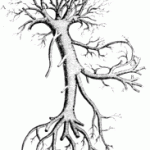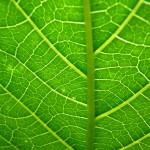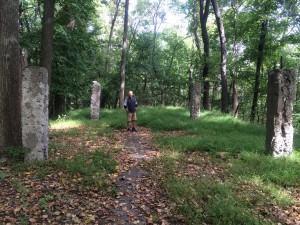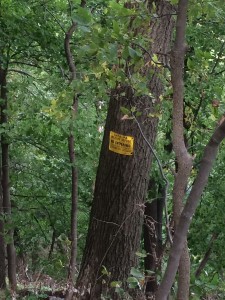“We need the tonic of wildness,-to wade sometimes in marshes where the bittern and the meadow-hen lurk , and hear the booming of the snipe; to smell the whispering sedge where only some wilder and more solitary fowl builds her nest, and the mink crawls with its belly close to the ground. At the same time that we are earnest to explore and learn all things, we require that all things be mysterious and unexplorable, that land and sea be infinitely wild, unsurveyed and unfathomed by us because unfathomable. We can never have enough of Nature… We are cheered when we observe the vulture feeding on the carrion which disgusts and disheartens us and deriving health and strength from the repast” (344)
This passage discusses the desire for humans to be in Nature and how the coming of Spring reminds each of us of that desire. After dead and bleak winters we want to hear the chirping of birds and to be outside smelling that unique smell of Spring. We want to see the natural systems at play like “the vulture feeding on the carrion” because it reminds us that there is still a Nature out there. I think that this desire comes from our deep connection to the land. Like I just talked about in my last post- there are a lot of parts of humans that are more like things found in Nature than we think there are. We are so closely related to this Earth and that is why we desire to be a part of it.
However, we don’t want too much of Nature and like to think of the idea that parts of it are untouched by man. Humans think this way because though there are small parts of us that relate to Nature- we understand that we are so different from it as well. We enjoy pondering the mysteries of the natural world that we will never comprehend and want just that piece of Nature to stay untouched and unfathomable.






